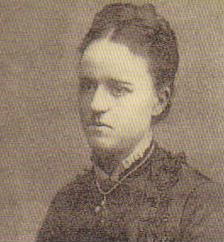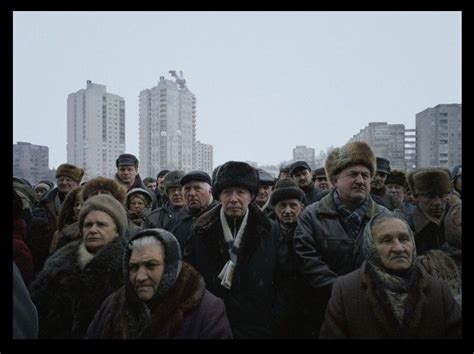A Quote by Adrienne Rich
Related Quotes
While it is unlikely that poetry or art shall eliminate the reality of war in the twenty-first century, it is thrilling to know there remain individuals, and even entire communities, still willing to invest in art and poetry's own uniquely explosive contributions to the great, and small, dramas of human history.
Dont teach my boy poetry, an English mother recently wrote the Provost of Harrow. Dont teach my boy poetry; he is going to stand for Parliament. Well, perhaps she was rightbut if more politicians knew poetry, and more poets knew politics, I am convinced the world would be a little better place to live on this Commencement Day of 1956.






































